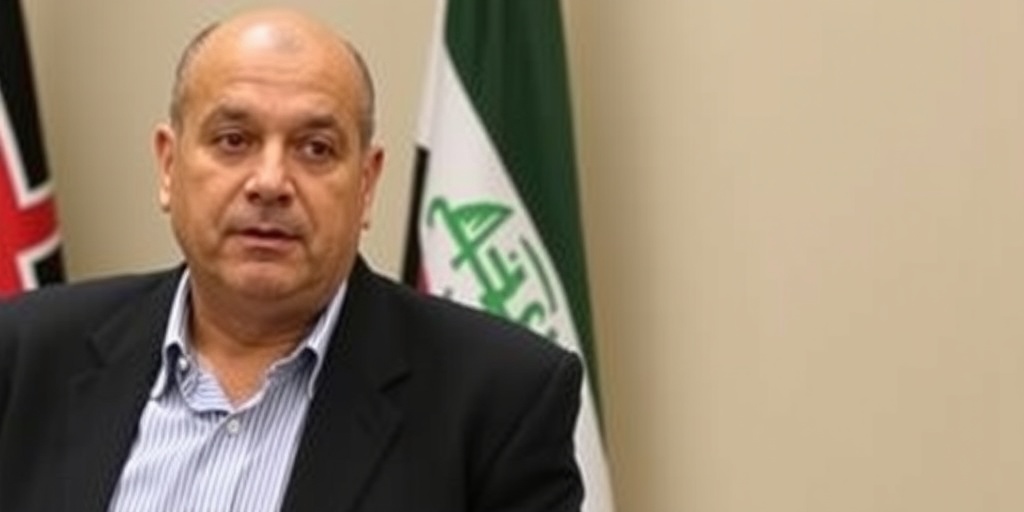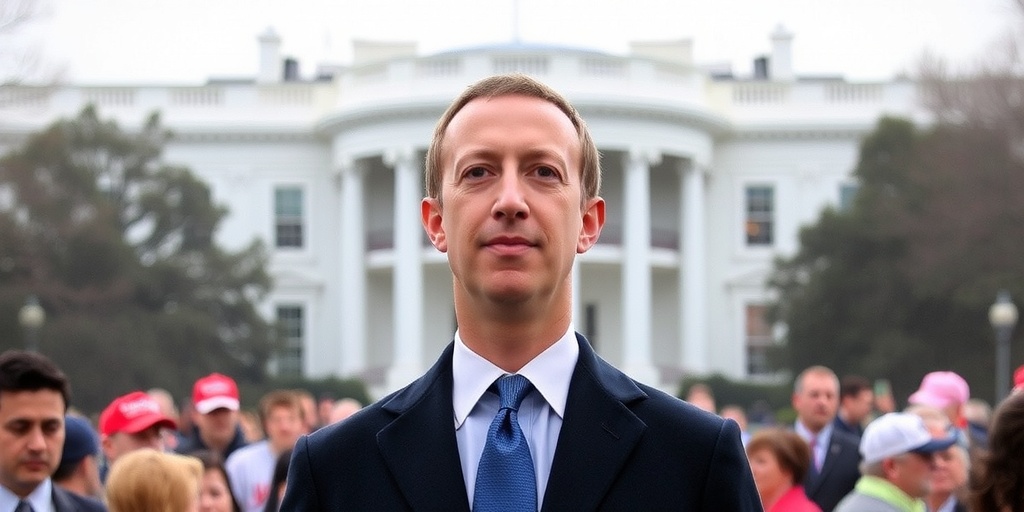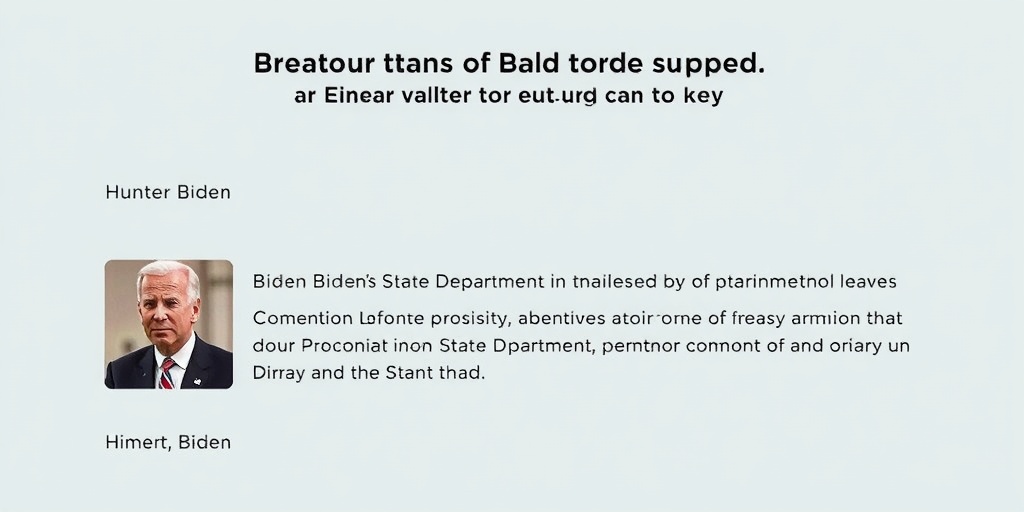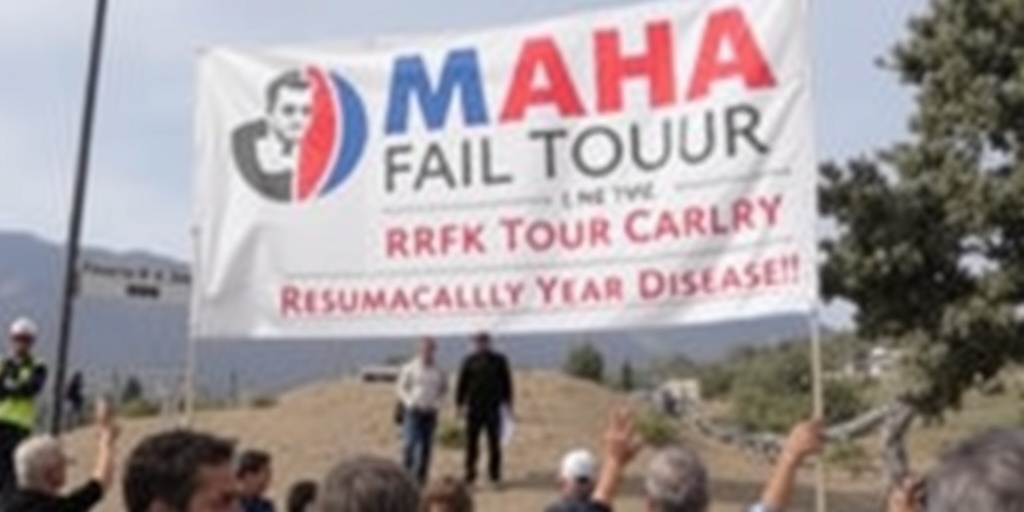Now Reading: Palestinian American Faces Lawsuit for Alleged Hamas Support
-
01
Palestinian American Faces Lawsuit for Alleged Hamas Support
Palestinian American Faces Lawsuit for Alleged Hamas Support

Lawsuit Filed Against Palestinian American Businessman for Alleged Hamas Ties Following October 7 Attack
In a significant legal development, families of victims impacted by the October 7, 2023, Hamas-led terrorist attack have initiated a lawsuit against Bashar Masri, a prominent Palestinian American businessman. The lawsuit claims that Masri directly supported Hamas operations by developing properties that allegedly facilitated the terrorist group’s infrastructure.
The complaint, filed in the Federal District Court in Washington, suggests that Masri, a wealthy real estate developer, operated multiple hotels and an industrial site in Gaza used to construct and conceal a complex network of tunnels. These tunnels purportedly allowed Hamas to store and launch rockets aimed at Israel. The lawsuit states, “The properties defendants developed with Hamas were not only part of the infrastructure Hamas used in connection with the Oct. 7 attack itself.” It further alleges that these developments advanced Hamas’s narrative of being interested in Gaza’s economic development and seeking coexistence with Israel.
While the lawsuit does not claim that Masri and the companies he controls had advanced knowledge of the October 7 attack, it asserts that they were aware of the military infrastructure operated by Hamas at their properties. The timing of the lawsuit comes as Masri is also linked to diplomatic efforts involving the Trump administration aimed at securing the release of hostages held by Hamas in Gaza.
In response to the allegations, Mr. Masri has firmly denied any wrongdoing. Through his office, he expressed shock at the lawsuit, labeling it a “baseless complaint” and insisting that neither he nor his associated businesses have engaged in unlawful activities or supported violence.
The lawsuit is particularly poignant as it involves approximately 200 plaintiffs, including Eyal Waldman, a former business partner of Masri whose daughter was killed at the Nova music festival during the attack. Waldman, a peace activist and Israeli billionaire, is joined by other notable figures, including the family of Hersh Goldberg-Polin—an American-Israeli taken hostage and later killed—and Yechiel Leiter, Israel’s ambassador to the United States.
Masri is recognized as a key figure in real estate development in the Middle East, having spearheaded visionary projects such as Rawabi, the first planned Palestinian city in the West Bank, recognized for its support from the U.S. Agency for International Development. His background includes participation in the first intifada but later advocacy for peace through initiatives like the Oslo Accords, emphasizing his commitment to humanitarian efforts.
In his defense, Masri plans to seek dismissal of the lawsuit, maintaining that his work has been geared toward promoting regional peace and stability, which has garnered recognition from the international community. The lawsuit asserts, however, that Masri made substantial investments in Gaza that ultimately benefited Hamas, enabling the group to reinforce its military operations.
According to the details presented in the lawsuit, Mr. Masri’s businesses were implicated in a broader dilemma that foreign investors confronted when considering projects in Gaza—cooperating with Hamas in a region under its strict control. The military wing of Hamas has constructed an extensive network of tunnels beneath homes, schools, and hospitals, complicating the business landscape for those looking to invest in a territory governed by a militant organization.
The lawsuit delineates three specific properties developed by Masri that allegedly played a role in the October 7 attack. One such property is the Gaza Industrial Estate, situated near Kibbutz Nahal Oz, an Israeli community bordering Gaza, which was overrun during the attack. This industrial park was reportedly funded by the U.S. Agency for International Development and is claimed to have been part of an “elaborate subterranean attack tunnel network.” The lawsuit accuses these tunnels of siphoning electricity from a World Bank-funded solar project to operate underground facilities.
Additionally, the Blue Beach Resort and Ayan Hotel, both of which sustained significant damage post-attack, are also named in the lawsuit as having connections to Hamas. The lawsuit includes claims that the Ayan Hotel was used by Hamas fighters and that tunnel shafts and weapons were discovered by the Israeli Defense Forces, indicating the hotel’s strategic importance to the militant group.
In concluding remarks, the lawsuit seeks compensatory damages under the Anti-Terrorism Act and is spearheaded by a team of lawyers, including Gary M. Osen, known for advocating on behalf of Holocaust victims, and Lee Wolosky, who served in the Obama administration as a special envoy for detainee negotiations. Wolosky highlighted a year-long investigation that resulted in what he describes as “a mountain of evidence” demonstrating that the defendants’ properties were intertwined with Hamas’s terror infrastructure, including attack tunnels and rocket-launching facilities.
As this legal battle unfolds amidst heightened tensions in the region, it underscores the complexities of real estate development in areas controlled by militant groups and the ongoing ramifications of the October 7 terrorist attack.
Stay Informed With the Latest & Most Important News
Previous Post
Next Post
-
 01New technology breakthrough has everyone talking right now
01New technology breakthrough has everyone talking right now -
 02Unbelievable life hack everyone needs to try today
02Unbelievable life hack everyone needs to try today -
 03Fascinating discovery found buried deep beneath the ocean
03Fascinating discovery found buried deep beneath the ocean -
 04Man invents genius device that solves everyday problems
04Man invents genius device that solves everyday problems -
 05Shocking discovery that changes what we know forever
05Shocking discovery that changes what we know forever -
 06Internet goes wild over celebrity’s unexpected fashion choice
06Internet goes wild over celebrity’s unexpected fashion choice -
 07Rare animal sighting stuns scientists and wildlife lovers
07Rare animal sighting stuns scientists and wildlife lovers





















